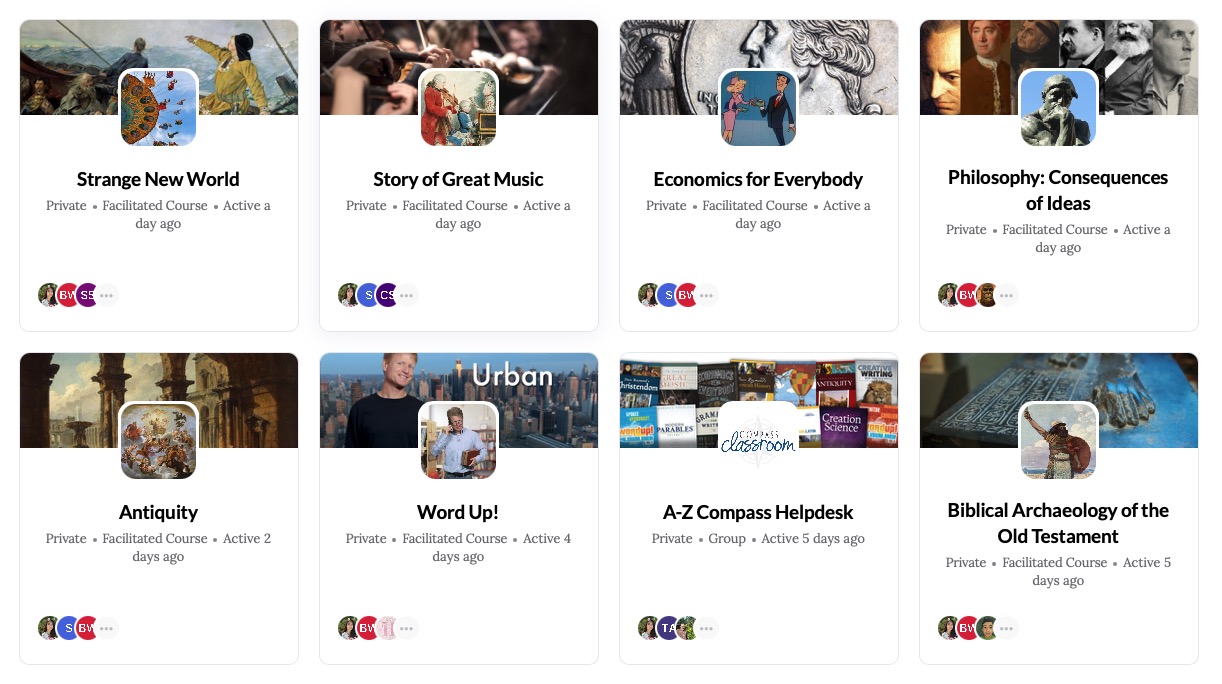
Share this post with another homeschool mom!
Why do we go to school? It’s a legitimate question, and one that is asked often by exasperated and bored students. Why do we actually need education? Why do we devote so much time to it? Is it merely about grades and degrees and getting certain jobs with certain pay? If that is the case, then it doesn’t seem very worth while. Hopefully these 8 points will help you (and your students) come to a better understanding of why we hold education in such high esteem.
Dave Raymond’s History series is an addition to your homeschool curriculum that your students should not do without. His ability to make every historical event interesting is a gift and means each student will actually like what they are learning.
1. Why Life?
When we ask the question “why school?” we’re actually asking a bigger question. We’re really asking “why life?” or in other words, what’s the purpose of life? It’s helpful to look at the question through the perspective of a Christian worldview. The Westminster Confession gives the best and most concise response: the chief end of man is to glorify God and to enjoy Him forever.
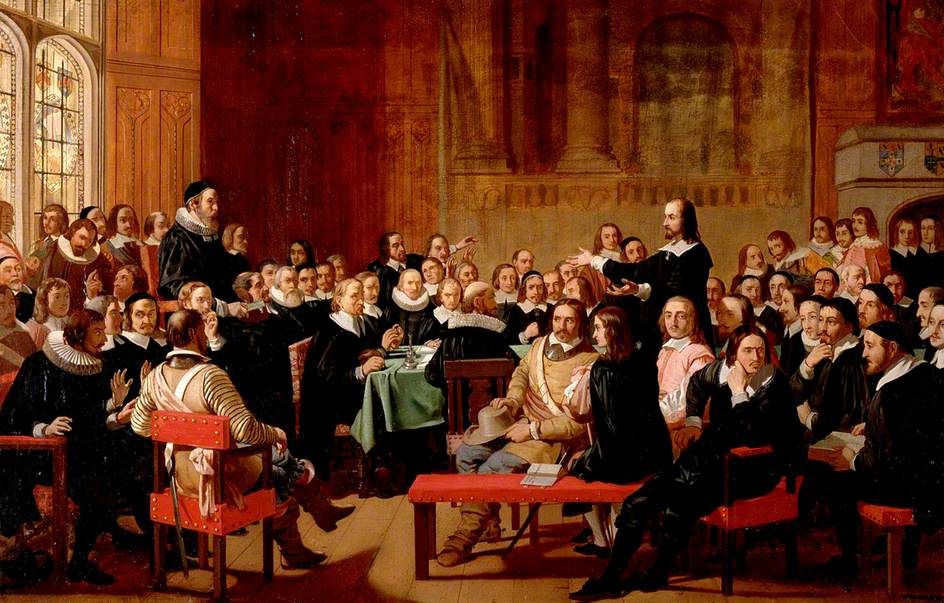
In other words the entire purpose of life, the purpose of school is to know God. To worship him, and to delight in Him, to enjoy Him, and by consequence to delight and enjoy what He has made and what He has done. Education is something that is much more than just the pragmatic value of pursuing a certain discipline so we can get a certain job.
2. Contemplation
In terms of why we do this whole thing called school or why this whole thing called life it is helpful to take a look at the word scola or the word ludus, both of which mean school. It’s curious that both these words in Latin and in Greek have various forms and both can mean school: a place where you essentially learn or develop skills and learn certain things. But they also mean play or game or leisure, as in time to rest. This is because the Romans and the Greeks understood that school in its proper form is a privilege. It is where we get to actually pursue knowing things, and learning things, and delighting in things, simply for their sake alone.
That is why, for example, history and literature are part of what we call the liberal arts or the freeing arts. It’s where you get to pursue these things because they have value in and of themselves. It has often been described as being a time for contemplation. That’s something we don’t often have the privilege of doing in the modern world, but it is desperately needed. It’s why Psalm 46 tells us to be still and know that God is God. The problem of contemplation is that when we think on things, it is not to create a God in our minds, it is to discover the God who is already there.
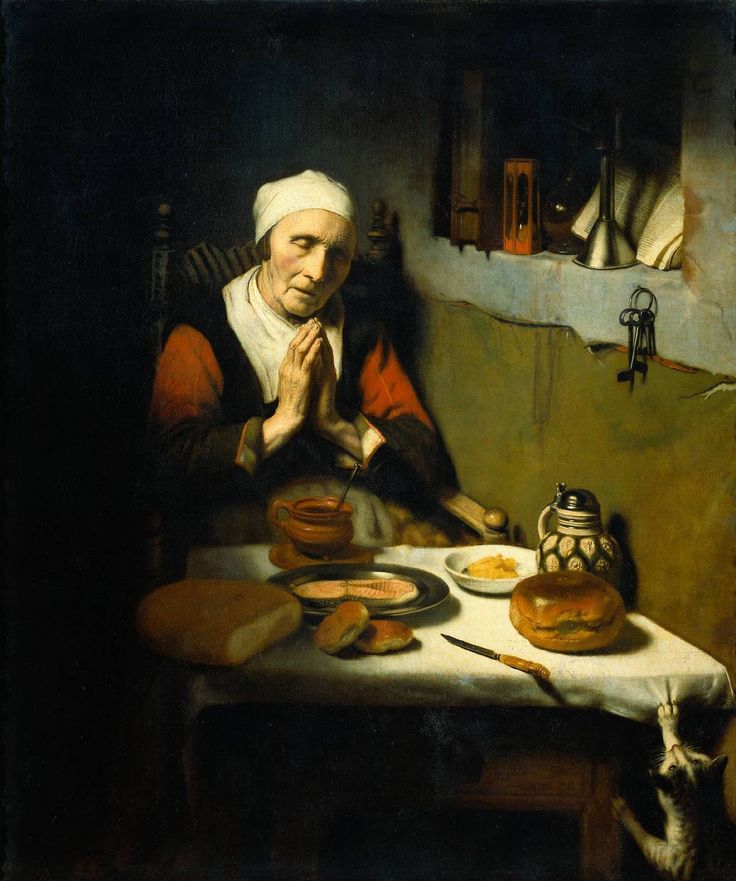
Then you will call on me and come and pray to me, and I will listen to you.
Jeremiah 29:12
We respond to God best in the freest of our activities. In other words, think about the things that you do on your own that no one pays you to do. Those are your freest activities. Especially if you have worked on a kind of craftsmanship or skill in those areas and you are pursuing something that you want to improve in greatly.
3. Pursuing Wisdom
Part of the reason we pursue this whole thing called school, education, is because we’re pursuing wisdom itself. Wisdom is something that the Proverbs define as being the fear of the Lord. It’s also helpful to see what Francis Bacon says about wisdom. A great renaissance era philosopher and writer, he said “Crafty men condemn studies.” He meant that those who attempt to go after their own selfish ends often view education and studies as meaningless, showing their moral depravity.

Bacon goes on say that simple men, those who are not the smartest, admire studies. They see education as important because it means they now know information. Wise men, however, not only admire education and know the information, they use it. Ultimately, Bacon is trying to point out that education is not really worth it unless it is actively being used. Not all of it, of course, but enough that it doesn’t go to waste.
We can see how God is faithful throughout culture, how there’s one great story being told. If you see the great ideas of the past, the great craftsmanship of the past, it influences you for the better and to the right ends. That’s a way to properly use the wisdom of the past.
4. Recognizing Beauty
Education has been described as having the purpose of giving light and developing the imagination. The great Greek philosopher Socrates simply said it this way, “The object of education is to teach us to love what is beautiful.” In other words, education is to teach us to recognize what is beauty. This requires us to know the standard of beauty, which is obviously God.
However, education should be able to teach us to say, ah, that is beautiful, and I love that, or I want to actually perceive that. Ken Myers, a modern American writer, says that education requires the nourishing of the imagination. It’s the orienting of our hearts so that we can understand the world before we begin to shape our theories. The great marvels of the past, especially the great literature of the past, should shape your imagination.

It should teach you there’s something much bigger than the culture. Arthur Quiller-Couch said the very best things in the world don’t pay for the simple reason that they are priceless. That’s the whole purpose of taking a history class, or any class, ultimately.
5. Praising God
We pursue something like education out of thanksgiving and praise. J.R.R. Tolkien was once asked by a young girl what was the purpose of life. He answered that it is for any one of us is to increase according to our capacity our knowledge of God by all the means we have. In other words, to better know Him, to be moved by that knowledge to give Him praise and thanks. It goes back to worship. It’s one of the natural responses of man to God. We give Him thanksgiving and praise not just for what He has made, but especially for who He is.
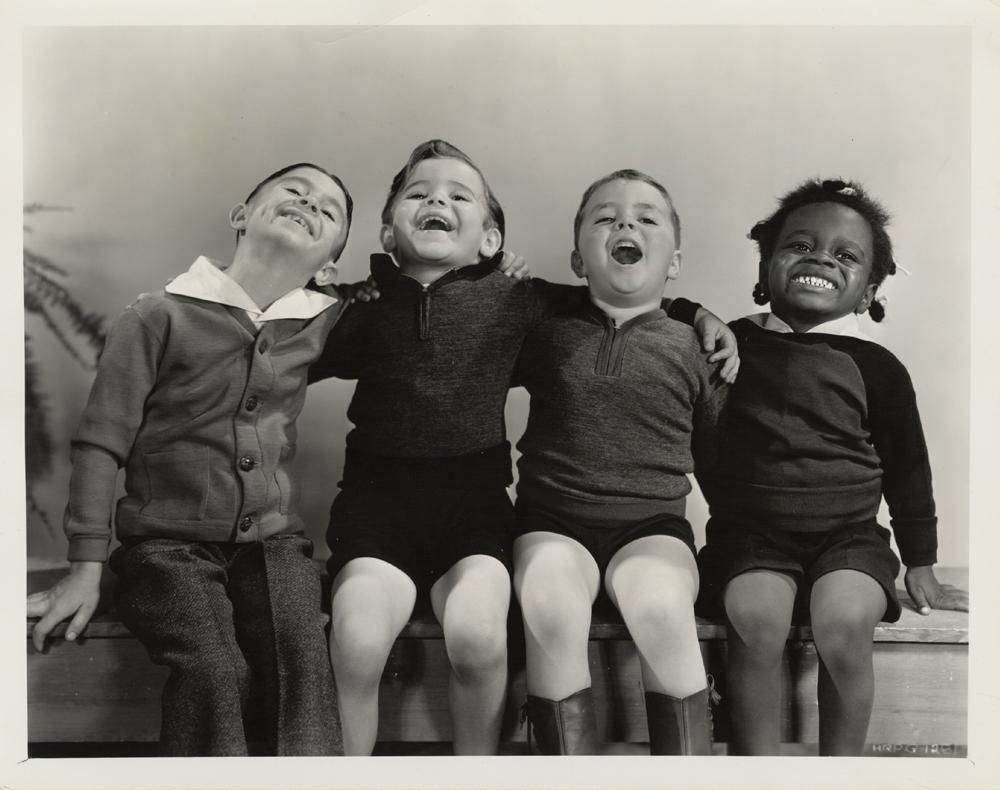
6. Legacy
Part of the reason we pursue school and education is to pass on a culture and a legacy. The Latin word tradera, from which we get tradition, literally means to pass on, to surrender, to give up that which we have been given. Basically, to make sure that it keeps going.
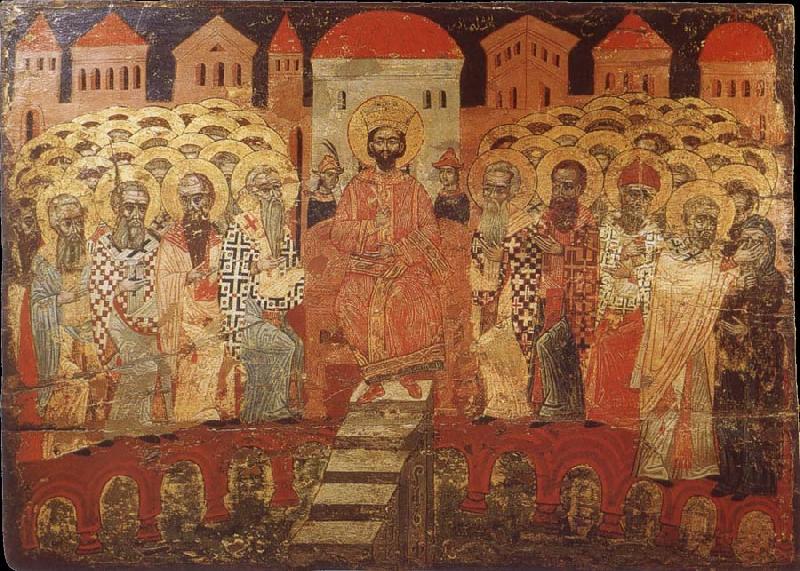
Arthur Quiller-Couch, who influenced authors such as Tolkien or such as C.S. Lewis, said that the human race are heirs of a remarkable legacy. That legacy is that of the past, of the Church. It is one that has passed into our hands after no little tumult and travail. It is a legacy that has the happy result of sacrificial human relations. What we have, when we look at western culture, is “a legacy that demands of you a lifetime of vigilance and diligence so that you may, in turn, pass the fruits of Christian civilization on to succeeding Generations.”
This is the essence of the biblical view, the covenantal view, and the classical view of education. This is the great legacy of truth, which we are now the chief beneficiaries, the great legacy which we are now called upon to give to the world.
7. What does it mean to be human?
School teaches us what it means to be human. It shows us that the things people have cared about, the things we care about today, are the things people have always cared about. That which you are concerned about today are the things people have always been concerned about.
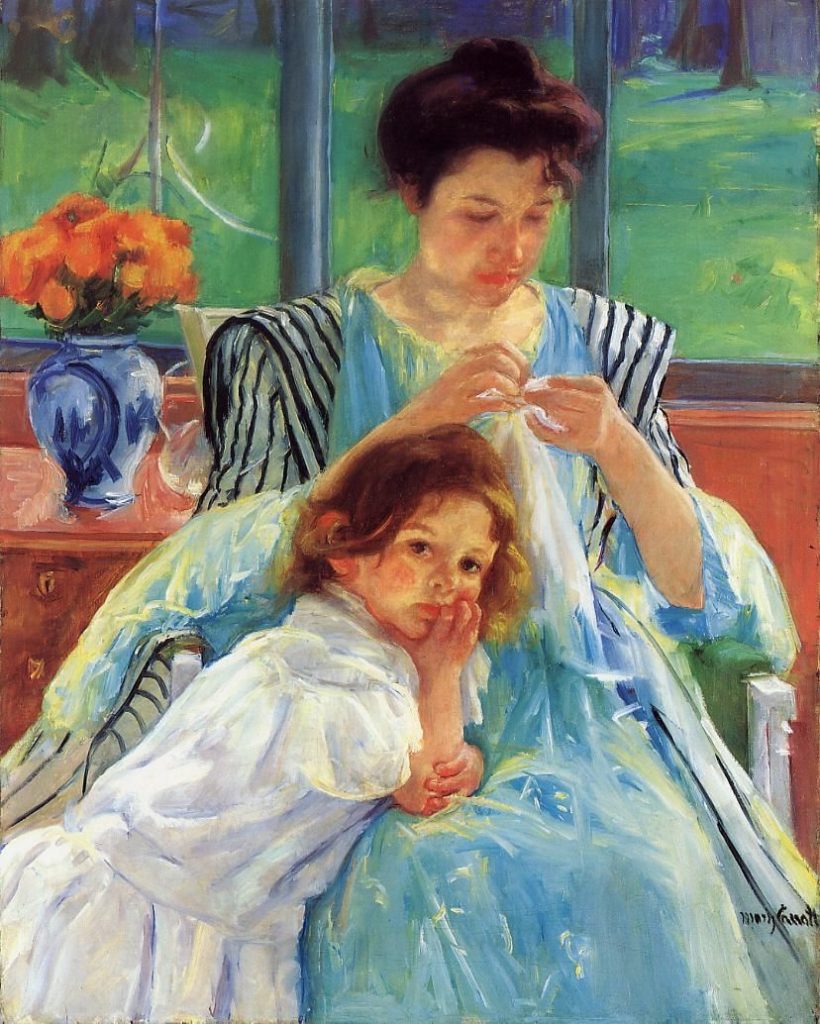
So teach us to number our days, that we may get a heart of wisdom.
Psalm 90:12
Of course, some of the specifics do change based on certain technologies or certain events. But the root desires and fears of people do not change. Stratford Caldecott said education is about how we become more human, and therefore, more free in the truest sense of the word.
In other words, can we understand what is the great legacy of the past? And can we actually find some pleasure in the great artworks and the great passions of those who have gone before us?
8. To Train Liberty
The final reason is to develop attributes of virtue and to practice service. Arthur Quiller-Couch pointed out that the true business of the University (or of a school) is to train liberty. The fact that we have all this freedom means that we must use our time to train that liberty and responsibility, to teach young men or women to think for themselves.
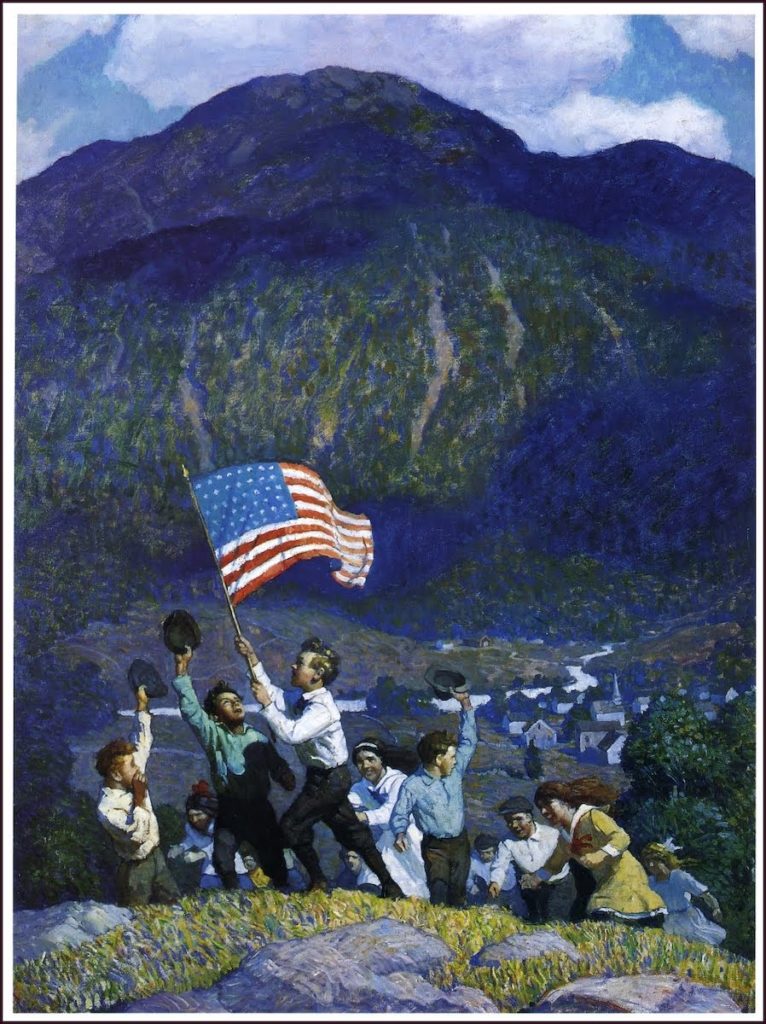
For the law of the Spirit of life has set you free in Christ Jesus from the law of sin and death.
Romans 8:2
In other words, we have a responsibility to think for ourselves. We have a responsibility to pass on the incredible classics and the incredible legacy of the past. And we especially have a policy, a responsibility to use all of that in the service of others. This is what Arthur Quiller-Couch called the crown of education.
School is really about our calling much more than it is about any kind of employment or the desire to produce so that we can consume.
It’s much more eternal and kingdom-minded than that.
Share this post with another homeschool mom!










